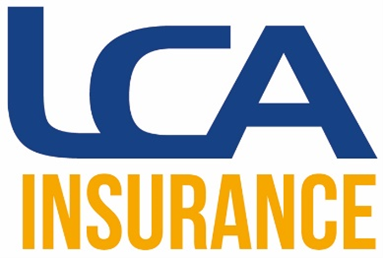Risk Management
Whether we like it or not, risk is a part of church life and any ministry you undertake. To do nothing about risk management is a big risk in itself.


What is risk management?
Risk management is a proactive process of identifying possible risks, problems or disasters before they happen so you can protect your people and assets. This allows you to set up procedures to avoid the risk, minimise its impact or, at the very least, help cope with its impact.
Risk management includes both the tangible and intangible assets of your church or ministry. Tangible assets are physical properties, such as money, buildings, furnishings, sound systems and computer equipment. Intangible assets are the reputation or public image of the church or ministry and also the health and wellbeing of people who attend the church, its staff, and its volunteers.
Whether we like it or not, risk is a part of church life and any ministry you undertake. To do nothing about risk management is a big risk in itself.
Importance of risk management
God expects us to be good stewards of the people, assets and resources he has provided us with. Risk management is an important part of Christian stewardship and will assist us in being good stewards. ‘Each of you should use whatever gift you have received to serve others, as faithful stewards of God’s grace in its various forms’ (1 Peter 4:10).
Your Safe Church Coordinator will be working in this area with programs and activities involving children and other vulnerable people. However, there is a whole range of additional areas that church leaders need to consider and address when it comes to risk management.
Having a risk management process in place will help you to be proactive in identifying risks, determining the level of risk involved, planning to manage risks and intentionally putting measures in place to address those risks.
Ten common church risks
By building your awareness of potential risks, you can make your buildings and locations safer places to gather. How does your congregation/parish rate with the ten most common risks churches face below?
- Personal injury – most common insurance claims result from falls, slips and trips
- Malicious damage, vandalism and theft
- Child protection
- Handling of the offering and finances
- Hire of church property
- Burnout or psychological damage – pastor, staff, leaders and key volunteers
- Reputational damage – both to the congregation/parish as a whole and to individuals
- Food safety
- Playground equipment
- Not having the appropriate insurance cover in place (LCA Insurance provides a comprehensive insurance program for LCA members)
Risk Management Guide for Churches
LCA Insurance has developed a Risk Management Guide for Churches. The information provided in this guide is intended to assist church staff in developing suitable risk management processes.
Got questions? Need help?

LCA Insurance is here to support you with any risk management questions you may have.
insurance@lca.org.au
08 8267 7330
How did we do?
Did you find what you were looking for? Did you find anything out of date or not working properly? Please tell us how we can improve this page.

